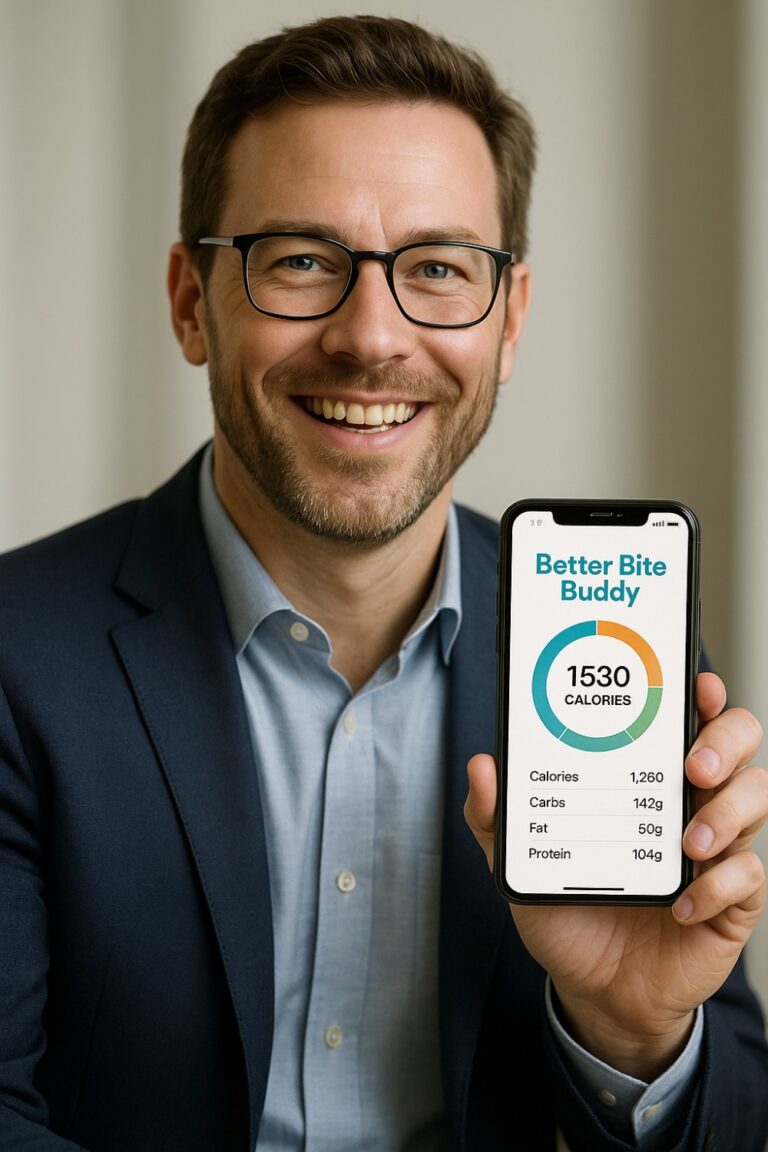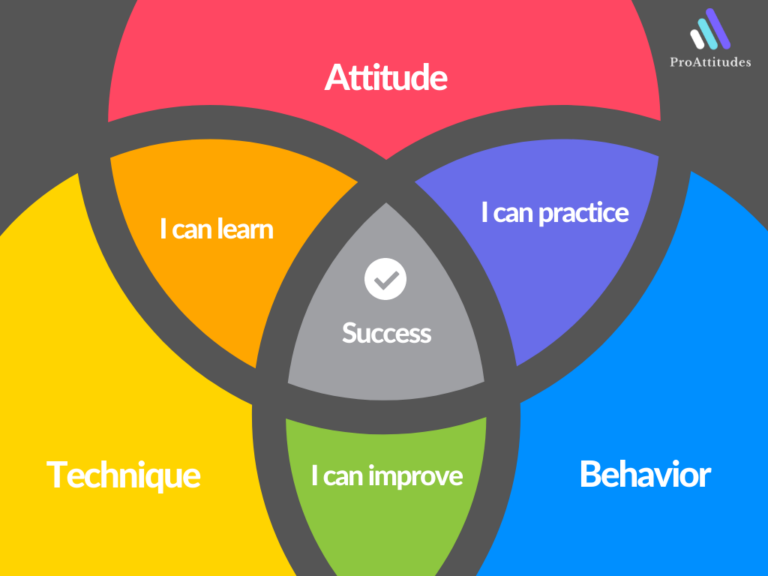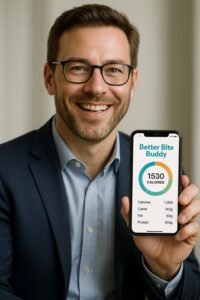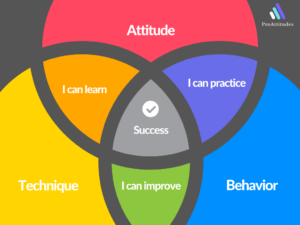Why do successful business people and entrepreneurs struggle with the same self-care issues as the rest of the population when they can easily handle the crazy challenges of everyday work-life? They have the same issues regarding unwanted weight gains, being unable to get a restful night’s sleep, being frustrated with lower energy than they had 10 years ago, and juggling more health issues.
That seems odd because entrepreneurs are self-motivated, high-octane, and inventive—the kind of people who you’d think could tackle any problem that, if unchecked, inevitably leads to heart disease, diabetes, cancer, and living a shorter life.
It must take more than knowing and feeling that you have a problem to be successful at managing your health and well-being.
The very attributes that make an entrepreneur or business owner successful might be the things that create the challenges to better self-care.
Here are a few self-care tips to consider:
- You have an abundance mentality, which is a good thing.
Businesses need to earn more than they spend. Entrepreneurs may do the same thing with calories; eat more than you need. There are subtle cues in the media and in society that reinforce this. For example, you don’t see commercials selling you on “you have enough.” Instead, we seek bigger houses, faster and more expensive cars, the latest fast food meal- and supersize that!
You might think like an accountant when it comes to getting your waistline back, but energy-In (income) has to be less than Energy-Out (expenses). For most entrepreneurs, this is counterintuitive because it’s not how they run their businesses.
- You have BHAGs (big hairy audacious goals), which are great for business but don’t work when trying to keep your weight where you want it.
Long-term weight loss goals are best when tied to consistent day-to-day tasks. That’s crucial for your weight-loss success, not just the BHAGs (big hairy audacious goals).
When getting started on self-care, it’s best to start small. Ridiculously small. For example, if you were going to start an exercise program, instead of spending an hour lifting weights for the first time in years, commit to showing up at the gym at the same time every day, even if it’s for a sitdown in the sauna. Change has to feel good. So start small, be consistent, and increase your commitment to gain confidence that this is something you can do. You can be more ambitious when you can lift your hand to your mouth without excruciating pain from over-training your bicep curls.
Famous entrepreneurs are known for their BHAGs. Elon Musk, Jeff Bezos, and Steve Jobs. They have at least one thing in common, being motivated by achieving ambitious goals. That’s a great attribute when you’re setting out to conquer the fly to Mars, but it’s precisely the wrong way to think about weight loss. Weight loss isn’t a goal; it results from healthy thinking, eating, and living, leading to habits you can maintain for a lifetime.
It’s not just about hitting your target weight, no matter how motivating it is to reach the weight you once weighed in high school. It’s also about finding a way to live the life of a healthy, lighter you. Sometimes that requires an awareness and attention to your habits to achieve your goals.
An occasional check-in with yourself may be all it takes. It’s not about counting, weighing, or measuring food. It’s about having a healthier relationship with your food. Eat for hunger, make sure you enjoy what you are eating, allow yourself to stop when you are satisfied, not stuffed, find the pleasure in eating, and focus on quality rather than quantity. It’s called the “Rhythm of Eating.” It eliminates the need to be on a diet.
3. You either win, or you are a sore loser.
Entrepreneurs are used to taking risks in the hopes of gaining profits. They win at keeping existing clients happy, at acquiring new business, at closing new contracts, they win awards and all other aspects of life. So it makes sense that they don’t enjoy losing anything, including weight.

You are great at rewarding yourself for every win.
For example, when I won a big account worth millions to my former employer, my VP took me out to celebrate at a famous steak house, Smith and Wolinsky’s, in NYC. If you work hard enough, you can be the lucky top 1 percent of all salespeople who will be selected for President’s Club. The reward? An all-expense-paid trip to a luxury resort. No wonder so many entrepreneurs and business people find it challenging to resist overindulging!
The most significant rewards of self-care? Gratitude that you are doing what you can for better sleep, more energy, better stress management, a younger-looking body, and longer life—is priceless. But, of course, they aren’t the same as the big wins at work that don’t last. But what if entrepreneurs and businesspeople reframed the way they look at self-care, especially when it comes to their weight? There’d be a lot more successful thin entrepreneurs and business people!









